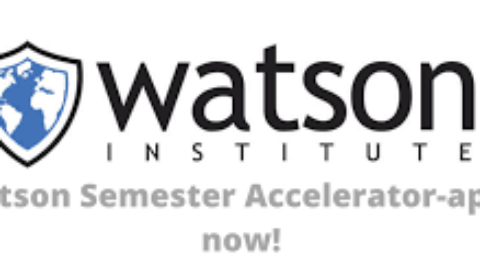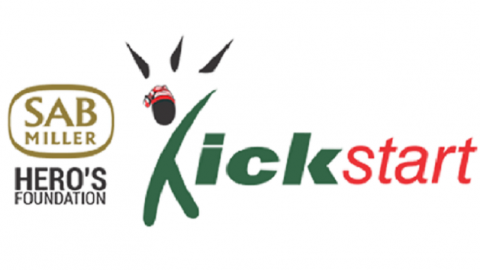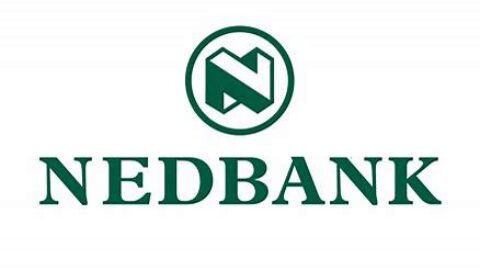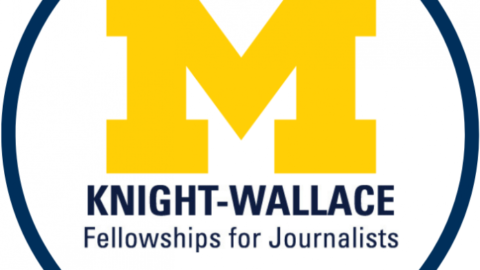From June 26 to July 7, 2023, Academic Hive for African Scholars will host the Summer Institute in Computational Social Science, to be held at the University of Calabar. The purpose of the Summer Institute is to bring together graduate students, postdoctoral researchers, and beginning faculty interested in computational social science. The Summer Institute is for both social scientists (broadly conceived) and data scientists (broadly conceived).
The instructional program will involve lectures, group problem sets, and participant-led research projects. There will also be outside speakers who conduct computational social science research in a variety of settings, such as academia, industry, and government. Topics covered include text as data, website scraping, digital field experiments, machine learning, and ethics. There will be ample opportunities for students to discuss their ideas and research with the organizers, other participants, and visiting speakers. Because we are committed to open and reproducible research, all materials created by faculty and students for the Summer Institute will be released open source.
WORTH
- Networking
- Training
ELIGIBILITY
- Participation is restricted to Postgraduate students (MSc, Ph.D.), early-career University Faculty, and Industry Professionals with an interest in applying data science techniques to addressing pressing social problems. However, there are no restrictions based on citizenship, country of study, or country of employment. About 20 participants will be invited.
- The Summer Institute aims to bring together computational social scientists across all levels of technical experience. Participants with less experience with social science research will be expected to complete additional readings in advance of the Institute, and participants with less experience coding will be expected to complete SICSS boot camp. Students doing this preparatory work will be supported by a teaching assistant who will hold online office hours during the two months before the Institute.
- We welcome applicants from all backgrounds and fields of study, especially applicants from groups currently under-represented in computational social science. We evaluate applicants along a number of dimensions: -1) Research and teaching in the area of computational social science -2) Contributions to public goods, such as creating open source software, curating public datasets, and creating educational opportunities for others -3) Likelihood to benefit from participation -4) Likelihood to contribute to the educational experience of other participants -5) Potential to spread computational social science to new intellectual communities and areas of research. Further, when making our evaluations, we attempt to account for an applicant’s career stage and previous educational opportunities.
DEADLINE: April 21, 2023
To apply and for more information visit here







